Looking back now, it was steeped in a strange loneliness because although my phone was buzzing with messages of love and care – I was alone. But MS is not unique, in fact around 1 in 500 have MS and there are approximately 7000 new
diagnosis each year in the UK .
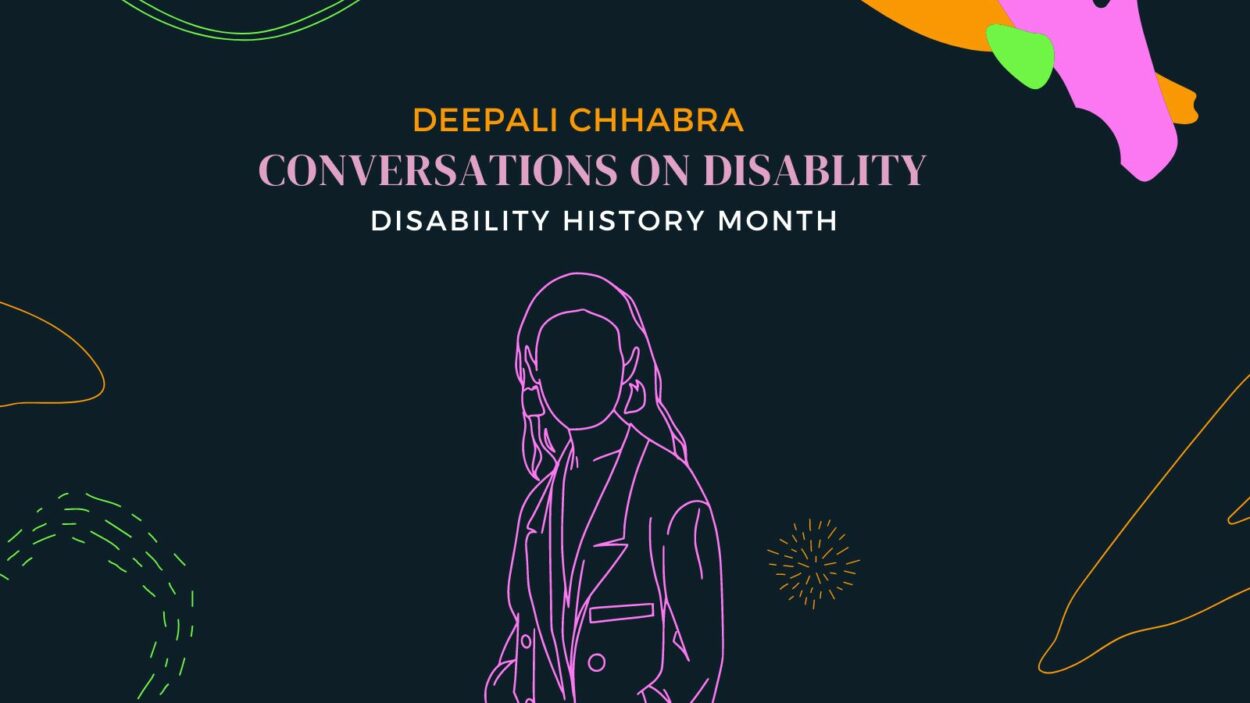
Conversations on Disability
It has been over a year since I was diagnosed with a brand-new disability, multiple sclerosis,
and given that November celebrates the UK’s first disability awareness month, it seemed
about time that I reflected on the chaos. Although I find it difficult to untangle reflection
with the pursuit of self-pity, I wanted to fill in the gaps of my own experience by talking to
others about their diagnosis. It could be said that my own reaction to being newly disabled
was a bit childish. I wanted it to be over as quickly as possible, so in the same way a child
gets up after a fall, I threw away my crutches and kept going. However, MS is not like a bad
relationship you can get over and hope to eventually move on from. It is now part of who I
am and I am regularly reminded of what life was like before the diagnosis – my social media
doesn’t hesitate to show me what I was doing ‘a year ago today…’. A year had given rise to a
fickle tension towards my past self who didn’t have to tick a disabled box or even consider
that my body could physically eventually let me down.
It is said that your identity hardens in your twenties, whereas now mine had just been
blotted out and it was scary to start again. The need to make something meaningful became
urgent, although my days aren’t numbered. Even when someone asks you how I’m getting
on, or how it felt, I feel like I need to add something about the ‘fragility of life’. Maybe it was
losing something as integral as movement that was scary. Maybe I feared the way my
relationships to others would change, how they would view me, how I would judge their
reaction. I used to keep strict tabs on the amount of people that knew about my disability
because it was so intensely private and seemingly life-changing. But I quickly got over that,
deleted the names from notes on my phone and thought about all the benefits of the blue
badge. Now I drop in the disability regularly, causally to the point where I forget how heavy
it is to launch onto someone and I can hear their brains whirring trying to calculate the right
response. It transformed my approach to other people as I realised that all we have control
over is how we react and how we treat others – a simple but scary binary. It is important to
note that, for the most part, my disability is invisible, so it felt appropriate to talk to people
with a similar experience. I am quite frank with the fact that it was diagnosis week was the
hardest week of my life so far. Looking back now, it was steeped in a strange loneliness
because although my phone was buzzing with messages of love and care – I was alone. But
MS is not unique, in fact around 1 in 500 have MS and there are approximately 7000 new
diagnoses each year in the UK. In regards all disabilities in the UK 22% of the population
have had their wings clipped to some degree and I wanted to know if people felt a sense of
community following their diagnosis. So, naturally, I have decided to start a series of
conversations with people to saturate my knowledge with all things disability! I hope you
enjoy and stayed tuned for next week’s investigation xox

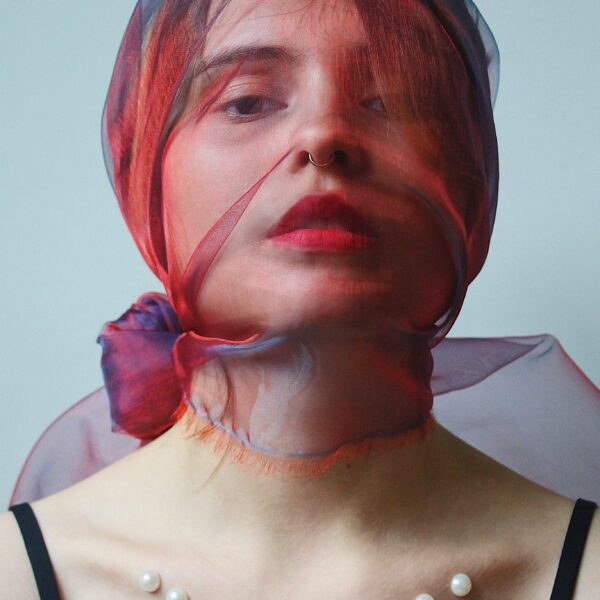
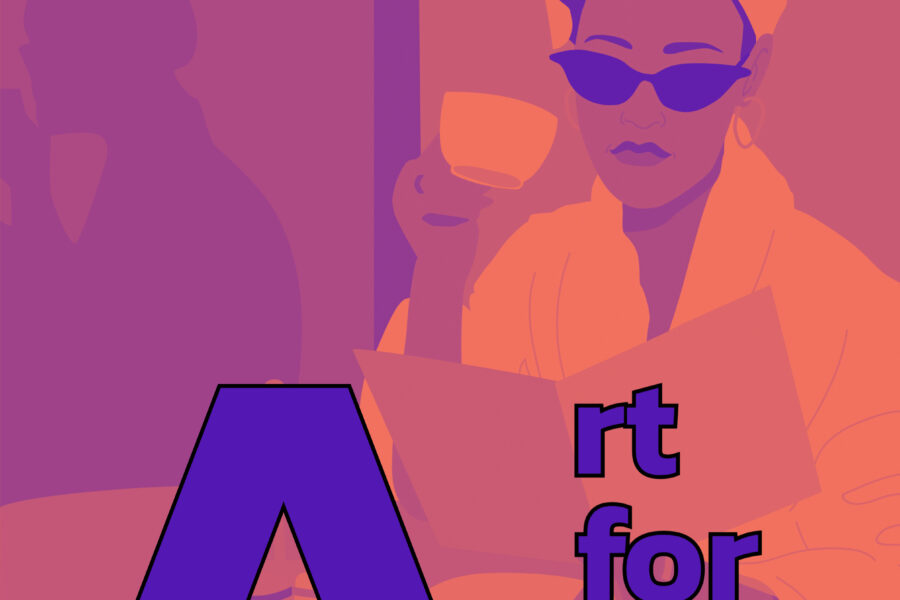
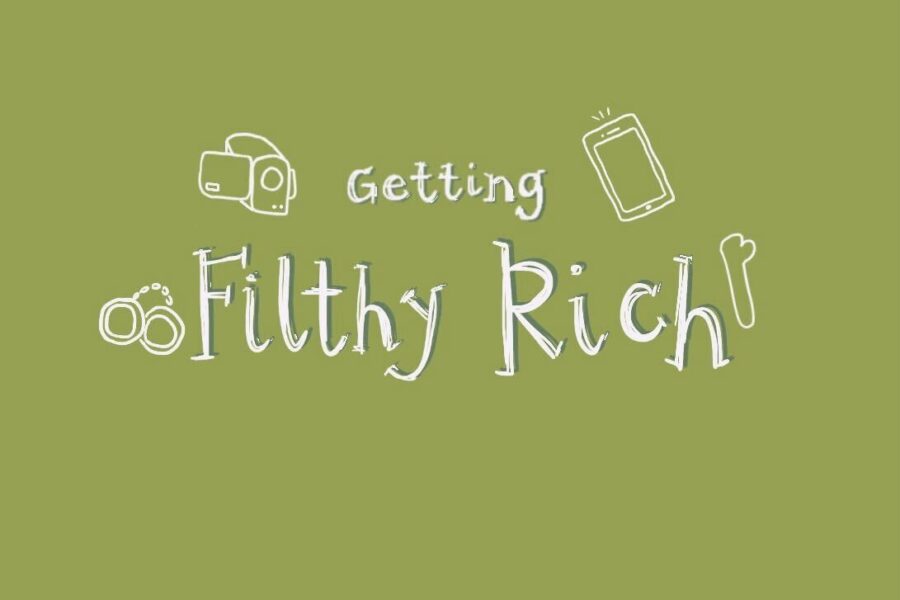
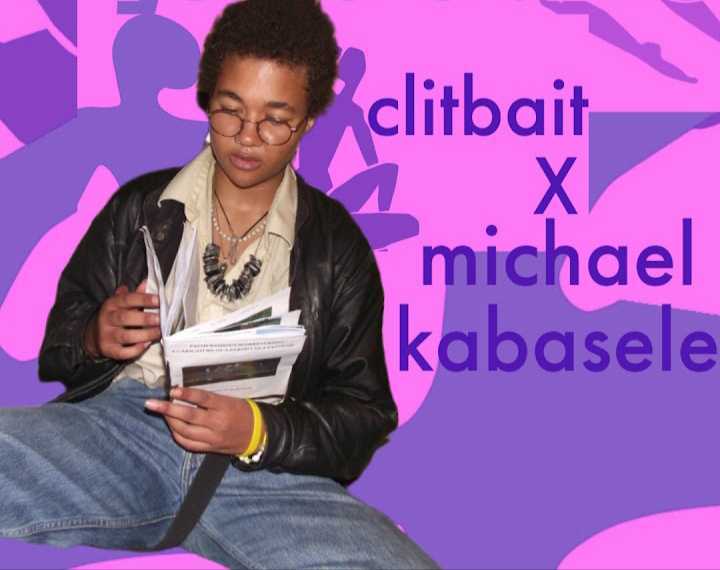
Awesome! Its in fact remarkable post, I have got muchclear idea concerning from this piece of writing.